6 essential supplements for a vegetarian diet


6 essential supplements for a vegetarian diet
Plant-based diets are on the rise. Nearly 2.5 million Australians (12.5% of the population) are vegetarian(1). Swapping to a plant-based diet can be confusing, so we’re here to help. Check out our top list of essential supplements that you need to consider if you’re planning to go vegan.
Why do people go vegetarian?
People adopt a vegetarian diet for numerous reasons. The most common reasons include:
- Health. Plant-based diets have been linked with a reduced risk of many chronic diseases such as high blood pressure, heart disease and type 2 diabetes (2).
- Ethical: Concerns about animal welfare or the use of antibiotics and hormones in livestock.
- Environmental: Due to land clearing and production of methane gasses that animal agriculture creates and the impact this has on the earth (3).
- Affordability: Meat is often a more expensive protein source than beans, legumes, nuts and grains.
- Religion: Some religions such as Buddhism encourage following a vegetarian diet.

Types of vegetarianism
There are several different varieties of plant-based eating. In its most well-known meaning, vegetarians are people who avoid meat, poultry or seafood. However, other forms include:
- Vegans avoid all animal products such as milk, eggs, poultry, seafood, meat and honey.
- Lacto-Ovo vegetarians avoid meat, poultry and fish but do consume eggs and dairy products.
- Lacto-vegetarians avoid meat, poultry, fish and eggs but do consume dairy products.
- Ovo-vegetarians eat no meat, poultry or dairy but do eat eggs.
There are other more restrictive forms of vegetarianism. This includes raw vegan, macrobiotic diets and fruitarian.
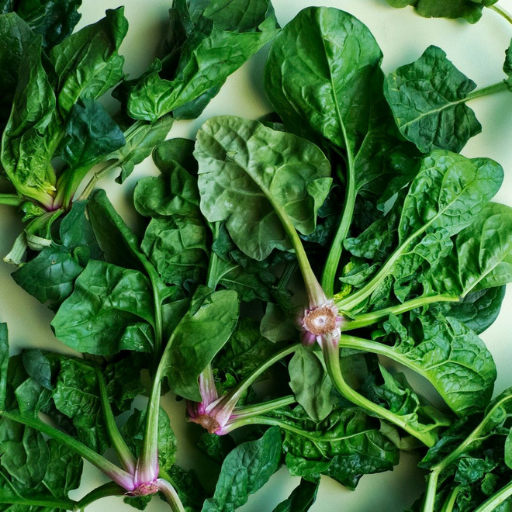
Planning a balanced vegetarian diet
To meet your nutritional requirements when following a vegetarian diet, it is important to ensure you are eating an adequate amount of each of the five core food groups each day (4). These include:
- Fruits such as berries, kiwi fruit, oranges and apples.
- Vegetables include broccoli, spinach, capsicum, tomato and cucumber.
- Protein-rich foods include soy products, tofu, tempeh, legumes, beans, eggs, nuts and seeds.
- Whole grains such as quinoa, brown rice, whole grain pasta and wholegrain bread.
- Dairy and/or dairy alternatives such as cow’s milk, cheese and yoghurt, as well as calcium-fortified soy, oat or almond milk and yoghurts, leafy greens, tahini and firm tofu.
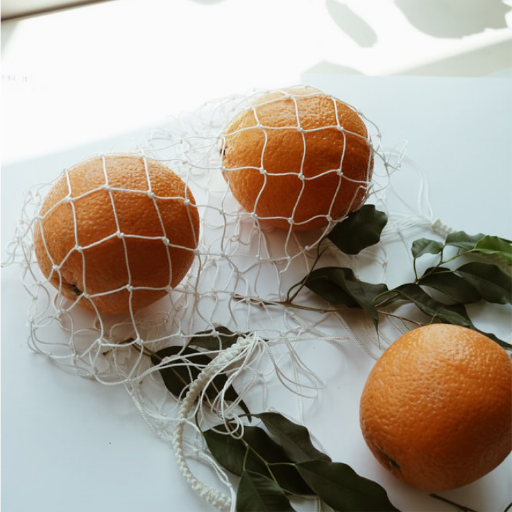
Nutritional deficiencies
When removing certain foods from your diet, it is important to replace these foods with the appropriate alternatives. By failing to do so, you may place yourself at increased risk of nutritional deficiencies.
As vegetarianism removes many common foods, there can be a higher risk of nutritional deficiencies.
6 essential supplements to consider when choosing a vegetarian diet
Here are our top 6 essential supplements and nutrients to consider when swapping to a vegetarian diet.
1. Vitamin B12
Vitamin B12 is essential for the normal functioning of the brain and nervous system.5 It plays a role in the creation of red blood cells, producing DNA and forming fatty acids in myelin, the coating around our nerves.5
Vitamin B12 is created by a type of bacteria. It is naturally found in foods that harbour these bacteria such as meat, milk and eggs (5). It is not found in any plant-based foods and therefore is the one nutrient that cannot be found on a vegan diet. Because of this, it is important for vegans to supplement vitamin B12 or consume fortified food.
This is especially important for vegetarian women who are pregnant or lactating. This helps to ensure the infant receives adequate vitamin B12 and to prevent irreversible nerve damage (5).
The Recommended Dietary Intake (RDI) for vitamin B12 for adults is 2.4 micrograms per day (5). This should be consumed via food or supplement form.
Foods richest in vitamin B12 include:
- 1 large egg – 0.8 micrograms
- 250ml vitamin B12 fortified soy milk – 1 micrograms
- 200g cows milk yoghurt – 1.2 micrograms
- 40g (2 slices) cheddar cheese – 1.2 micrograms
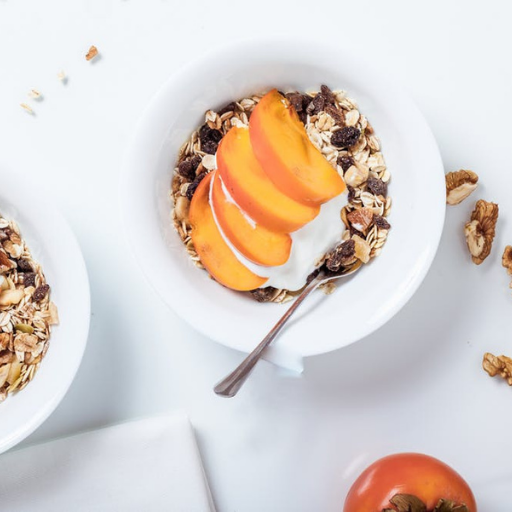
2. Omega-3s
Omega-3s are well known for their benefits in brain, eye and heart health (6,7,8). Alpha-linolenic acid (ALA) is the parent of the omega-3 fatty acid family. It is known as an essential fatty acid (EFA), meaning that it cannot be synthesised by the body and must be supplied by the diet (9).
ALA originates from land plants and can be found in foods such as flax oil, soy bean, green leafy vegetables and hemp seeds. Eicosapentaenoic acid (EPA) and docosahexaenoic acid (DHA) are long-chain fatty acids and can be found in fish, seafood and marine plants such as microalgae.
ALA can be converted by enzymes into EPA and DHA (9). Unfortunately, this conversion process is slow and is affected by genetics, sex, age and dietary composition (10). Studies have indicated that EPA and DHA are low in vegetarian diets and absent in vegan diets (11,12,13).
To improve blood levels of these essential fatty acids, vegetarians should:
- Consider an omega-3 supplement derived from microalgae or supplements.
- Consume a source of ALA each day.
3. Zinc
Zinc is an essential mineral involved in metabolism, skin health, wound healing and the creation of DNA (14). The bioavailability (how well something can be absorbed) of zinc from vegetarian diets is lower than that of non-vegetarians. This is due to vegetarians often eating a large number of whole grains and legumes. These foods contain phytates, a compound that binds to zinc and stops its absorption (15,16).
The RDI for male and female adults is 14mg and 8mg per day respectively (14).
Foods rich in zinc include:
- ½ cup baked beans - 2.9mg
- 1 cup low fat yoghurt – 1.7mg
- ½ cup chickpeas – 1.3mg
Research shows that vegetarians may need as much as 50% more of the RDI for zinc than non-vegetarians (17). It is also recommended for vegetarians to soak their beans, grains and seeds in water for several hours before cooking. This increases their ability to be absorbed by the body. If you are not meeting your needs zinc supplements could be beneficial to assist with this.
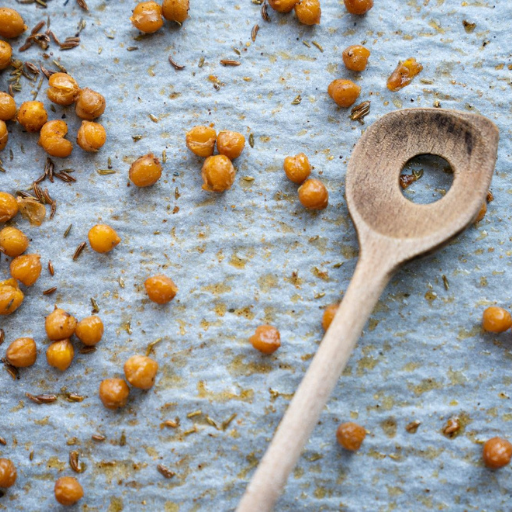
4. Iodine
Iodine is essential for normal growth and brain development (18). It is also responsible for the production of two thyroid hormones known as triiodothyronine (T3) and thyroxine (T4) (19). These hormones are essential for regulating metabolism, heart rate, kidney function, fertility and bone structure.
A deficiency of iodine is one of the most common causes of thyroid disorders. Disrupt to the thyroid can also cause goitre, weight loss, mental retardation, constipation, weight gain and menstrual irregularity (20).
Risk of deficiency is increased in people who eat a large quantity of goitrogen containing foods which limit iodine absorption. These include foods such as soy products, brassica vegetables, cabbage, broccoli and Brussel sprouts (21). Although these foods can be found in all diets, they are often predominant in a vegan diet.
Adults over the age of 14 should aim for 150 mcg of iodine each day through food or supplement form (22). Although there are some sources of iodine on a vegetarian diet, those following a vegan diet may find it extremely difficult to meet their needs.
Foods rich in iodine include:
- 100ml cup milk – 15 mcg
- Fortified bread – 15mcg/slice
- Seaweed (1 sushi roll) – 90 mcg
- 150g yoghurt – 25 mcg
- 1/3 tsp Iodised Salt – 150mcg
5. Calcium
Calcium is essential for the growth and maintenance of bones and teeth. It also has a role in nerve and muscle function (23). When the dietary intake of calcium is low, the body uses the calcium stored in the bones to supply the amount required in the blood (23). As a result, this weakens the bones, leading to an increased risk of osteoporosis.
Adult men and women need at least 1000mg of calcium daily (23). Those who continue to eat cow’s milk-based dairy products can easily meet their calcium needs through these foods. However, those following a vegan diet may find this more difficult.
Foods richest in calcium include:
- 100g of calcium set firm tofu – 380mg
- 1 cup of calcium-fortified soy, oat or rice milk – 240-300mg
- 1 tbsp sesame seeds (tahini) – 138mg
- 1 cup green leafy vegetables – 130mg
- 200g dairy yoghurt – 380mg
- 1 cup broccoli – 35mg
Some people may require supplements if they are unable to meet their calcium needs. If you are concerned about not meeting your calcium needs, we encourage eating a balanced diet full of calcium-rich foods.
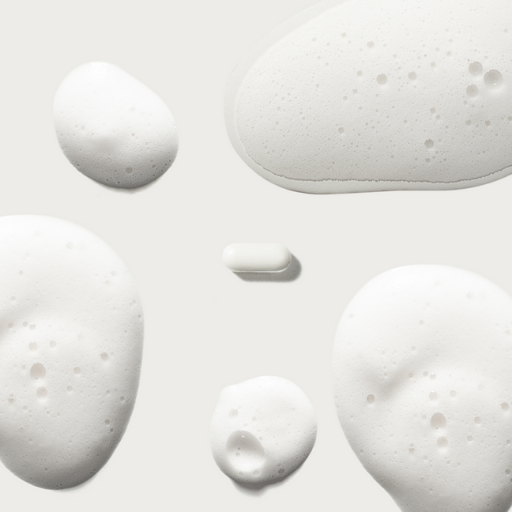
6. Iron
Iron is a mineral that is needed for red blood cells to bring oxygen to all parts of the body (24). The oxygen is then used to create energy. Iron deficiency is one of the most common nutrient deficiencies worldwide.24 It is most common in young children, pregnant women and menstruating women. Low levels of iron can result in anaemia, which comes with symptoms such as fatigue, a fast heartbeat and shortness of breath (24).
There are two types of iron found in food. Heme iron is found in meat and is more easily absorbed from food by the body. Plant foods only contain non-haem iron, which is not as well absorbed. Although plant foods may be higher in iron, these foods often contain compounds known as phytates which stop iron absorption.
Vegetarian men and women tend to have lower iron stores than people who eat meat (24). It is recommended that vegetarians should get as much as 180% of the RDI for iron to ensure adequate intake (24).
The RDI for adult males is 8mg per day, whilst for females it is 18mg per day (24).
- ½ cup cooked spinach – 3.2mg
- ½ cup cooked oatmeal – 1mg
- ¼ cup almonds – 1.3mg
- ½ cup dried figs – 1.5mg
- 1 cup soy milk – 1mg
- 2 tbsp molasses – 3.8mg
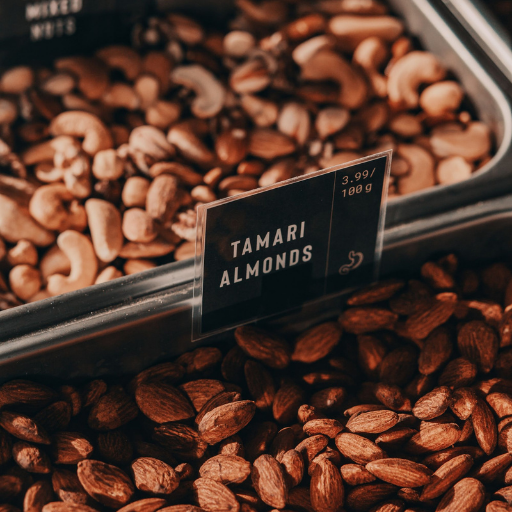
To maximise iron absorption, it is important to:
- Include vitamin C-rich foods such as fruit with meals to improve iron absorption.
- Drink coffee and tea away from meals as these contain tannins which reduce iron absorption.
- Take calcium supplements between meals as this competes with iron for absorption.
Meeting iron requirements on a vegetarian diet can be quite difficult. You may wish to consider supplementing to meet your needs each day.
Should I be supplementing?
A well-planned vegetarian diet can be nutritious, healthy and meet all your nutritional requirements. However, if you find it difficult to eat enough each day, struggle with variety or are a fussy eater, it may be worthwhile to consider a supplement.
This can help to provide your diet with a nutritional boost in addition to food or replace the food you are unable to eat. Vitanle's vegetarian range includes key nutrients that you may want to consider. Please ensure you consult your health care professional before commencing any supplements.
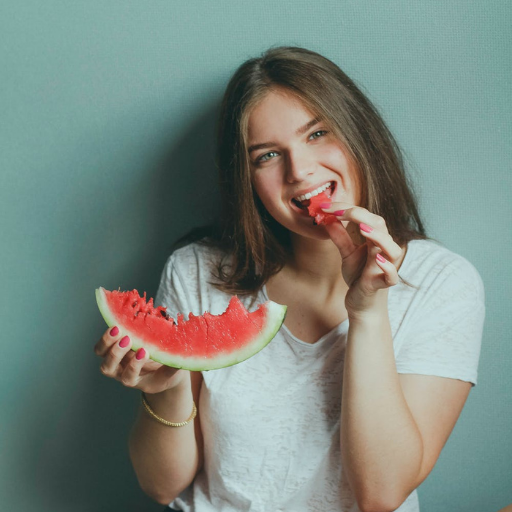
Find out more about other areas that the above supplements can help you with:
Vitamin B12 | Iron | Calcium| Vitamin C | Omega-3s
*Always read the label. Follow the directions for use. If symptoms persist, talk to your health professional. Vitamin and/or mineral supplements should not replace a balanced diet.
References
- Roy Morgan. (2019). Rise in vegetarianism not halting the march of obesity. Published on: http://www.roymorgan.com/findings/7944-vegetarianism-in-2018-april-2018-201904120608.
- Fraser, G. (2009). Vegetarian diets: what do we know of their effects on common chronic diseases?. The American Journal of Clinical Nutrition, 89(5), pp.1607S-1612S.
- Fao.org. (2019). FAO - News Article: Key facts and findings. Published on: http://www.fao.org/news/story/en/item/197623/icode/.
- Eatforhealth.gov.au. (2019). Australian Guide to Healthy Eating | Eat For Health. Published on: https://www.eatforhealth.gov.au/guidelines/australian-guide-healthy-eating.
- Nrv.gov.au. (2019). Vitamin B12 | Nutrient Reference Values. Published on: https://www.nrv.gov.au/nutrients/vitamin-b12.
- Merle, B., Benlian, P., Puche, N., Bassols, A., Delcourt, C. and Souied, E. (2014). Circulating Omega-3 Fatty Acids and Neovascular Age-Related Macular Degeneration. Investigative Opthalmology & Visual Science, 55(3), p.2010.
- M, S. (2019). Essential fatty acids, DHA and human brain. - PubMed - NCBI. Published on: https://www.ncbi.nlm.nih.gov/pubmed/15812120.
- Jacob, J., Peter, S. and Chopra, S. (2013). A fish a day, keeps the cardiologist away! - A review of the effect of omega-3 fatty acids in the cardiovascular system. Indian Journal of Endocrinology and Metabolism, 17(3), p.422.
- Calder, P. (2012). Mechanisms of Action of (n-3) Fatty Acids. The Journal of Nutrition, 142(3), pp.592S-599S.
- Burdge, G. and Calder, P. (2005). Conversion of α-linolenic acid to longer-chain polyunsaturated fatty acids in human adults. Reproduction Nutrition Development, 45(5), pp.581-597.
- Mann, N., Pirotta, Y., O'Connell, S., Li, D., Kelly, F. and Sinclair, A. (2006). Fatty acid composition of habitual omnivore and vegetarian diets. Lipids, 41(7), pp.637-646.
- Rosell, M., Lloyd-Wright, Z., Appleby, P., Sanders, T., Allen, N. and Key, T. (2005). Long-chain n–3 polyunsaturated fatty acids in plasma in British meat-eating, vegetarian, and vegan men. The American Journal of Clinical Nutrition, 82(2), pp.327-334.
- Sanders, T. (2009). DHA status of vegetarians. Prostaglandins, Leukotrienes and Essential Fatty Acids, 81(2-3), pp.137-141.
- Nrv.gov.au. (2019). Zinc | Nutrient Reference Values. [online] Available at: https://www.nrv.gov.au/nutrients/zinc
- Ncbi.nlm.nih.gov. (2019). Position of the American Dietetic Association and Dietitians of Canada: Vegetarian diets. - PubMed - NCBI. Published on: https://www.ncbi.nlm.nih.gov/pubmed/12778049/
- Hunt, J. (2003). Bioavailability of iron, zinc, and other trace minerals from vegetarian diets. The American Journal of Clinical Nutrition, 78(3), pp.633S-639S.
- Saunders, A., Craig, W. and Baines, S. (2012). Zinc and vegetarian diets. The Medical Journal of Australia, 1(2), pp.17-21.
- Delange, F. (2000). The role of iodine in brain development. Proceedings of the Nutrition Society, 59(1), pp.75-79.
- Robert M. Sargis MD, P. (2019). Thyroid Gland Overview. Published on: https://www.endocrineweb.com/endocrinology/overview-thyroid
- Kapil, U. (2007). Health Consequences of Iodine Deficiency. Sultan Qaboos Univ Med J,Published on: https://www.ncbi.nlm.nih.gov/pmc/articles/PMC3074887/.
- B V, S. (2015). Analysis of Thyroid Disorder and it’s relation with giotrogens. Journal of Evolution of Medical and Dental Sciences, 4(58), pp.10033-10038.
- Nrv.gov.au. (2019). Iodine | Nutrient Reference Values. Published on: https://www.nrv.gov.au/nutrients/iodine.
- Nrv.gov.au. (2019). Calcium | Nutrient Reference Values. Published on: https://www.nrv.gov.au/nutrients/calcium.
- Nrv.gov.au. (2019). Iron | Nutrient Reference Values. Published on: https://www.nrv.gov.au/nutrients/iron.